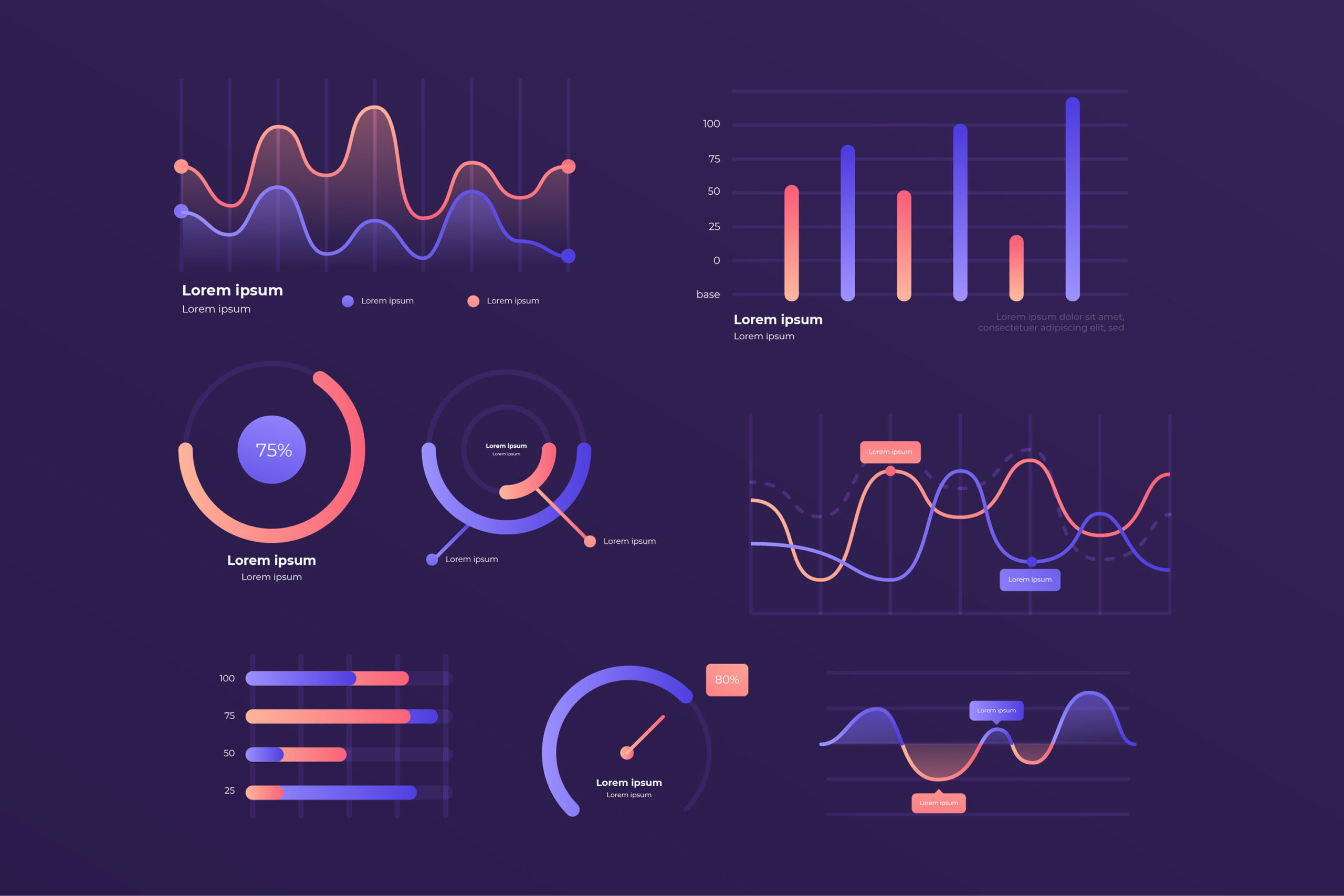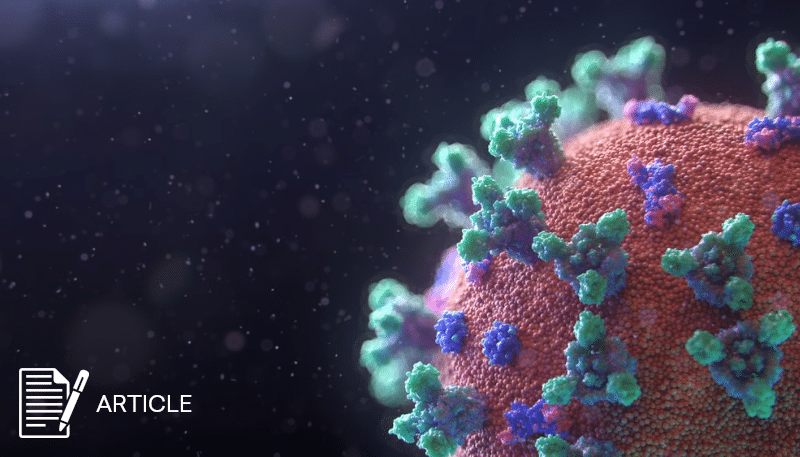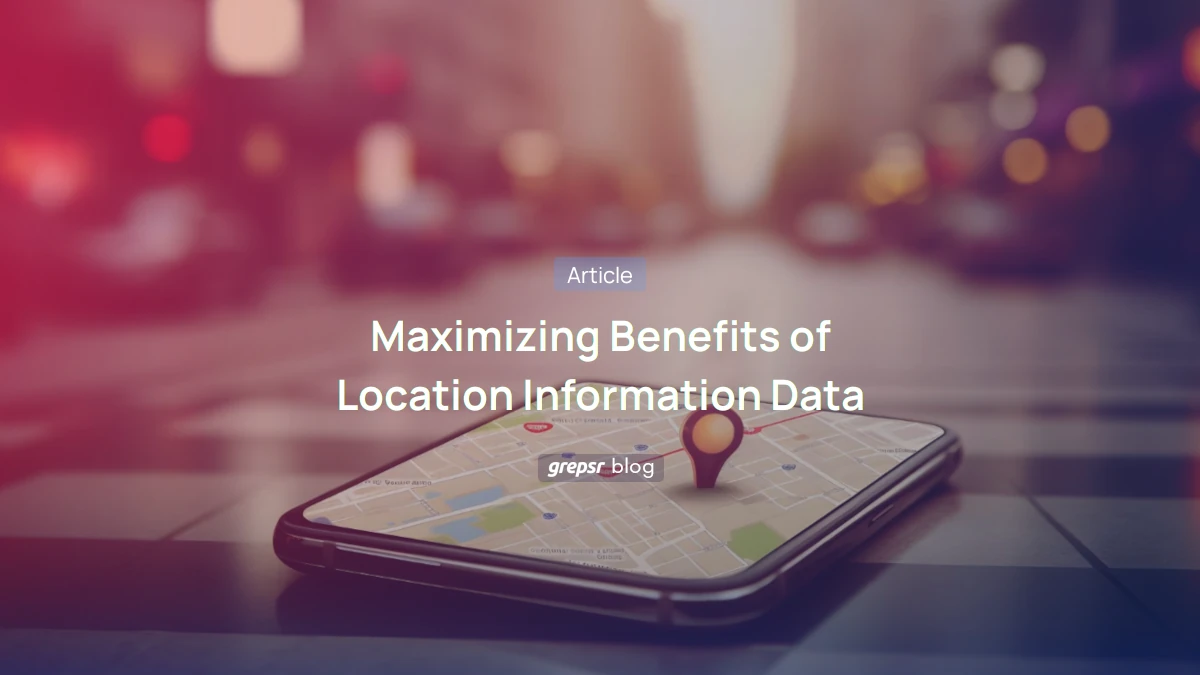An analysis of coronavirus testing facilities — geographic distribution, types, franchises, and testing and turnaround times
With the Covid-19 pandemic still dominating the news and affecting our lives, it’s fair to say that 2020 has been a challenging year. So much so that even the Oxford English Dictionary has named Covid-keywords like “lockdown,” “shelter-in-place,” “support bubbles” and “keyworkers” among its Words of the Year.
Amid conflicting messages from world governments regarding the ways to control the virus spread, getting tested has been universally accepted. This helps to identify any infection early, isolate positive cases and trace contacts efficiently. Hence it’s important for residents to know which facilities are providing testing services in their communities.
As such, the R&D team here at Grepsr decided to collect and analyze available web data on Covid test centers in the US.
Here we present you some of the insights from the analysis.
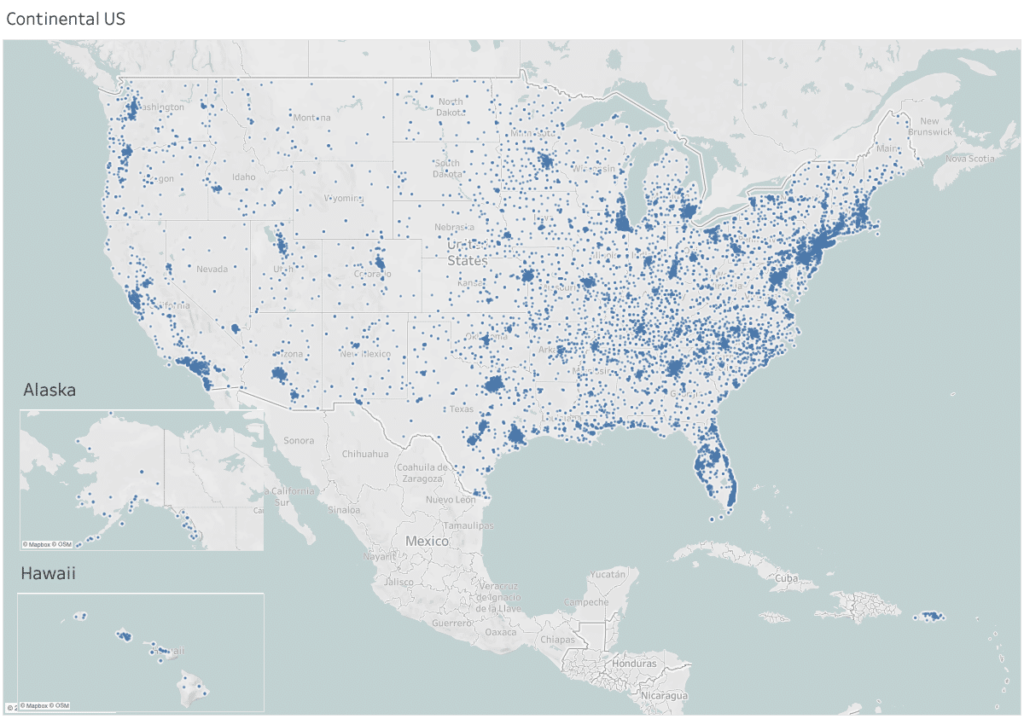
Analytics snapshot
Our dataset had a total of 14,981 records and the following data fields:
- Test center name
- URL
- Address (street, city, state, zip code)
- Phone number
- Appointment URL
- Opening hours
- Description
- Screening information
- Antigen/rapid testing turnaround time
- PCR/non-rapid testing turnaround time
In addition to geographic distribution, we’ve tried to break the data down based on the aforementioned fields. Here’s a brief look at the insights:
- Texas has the most test sites with 1,483 locations, while Delaware has the fewest with 22.
- CVS is the top franchise in terms of test centers with 3,963 locations across the US.
- In addition to traditional health centers like hospitals and clinics, ad-hoc facilities have also been set up to cater to the increasing demands.
- Test centers offer both rapid and non-rapid forms of testing with varied turnaround times for results, and also require some forms of screening and referrals prior to test appointments.
Number of Covid test centres correlates with the state population
As shown in the graphic below, the states in the higher population bracket (red) have visibly higher test center counts (purple circles) compared to the states with the lowest populations (blue), which have the fewest number of facilities.
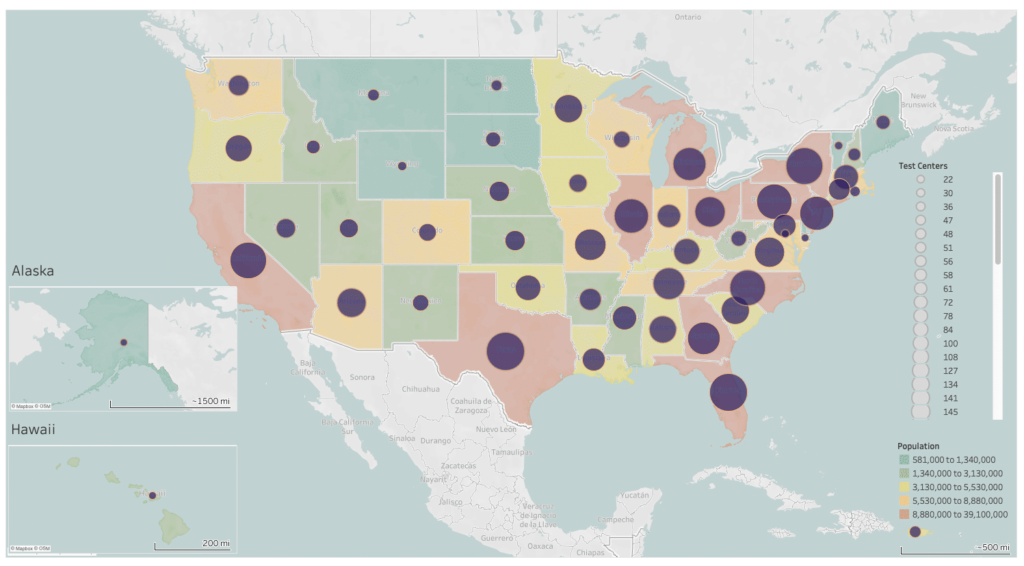
Texas has the highest count with 1,483 test centers. Other states with more than a thousand centers include Florida (1,146) and New York (1,023).
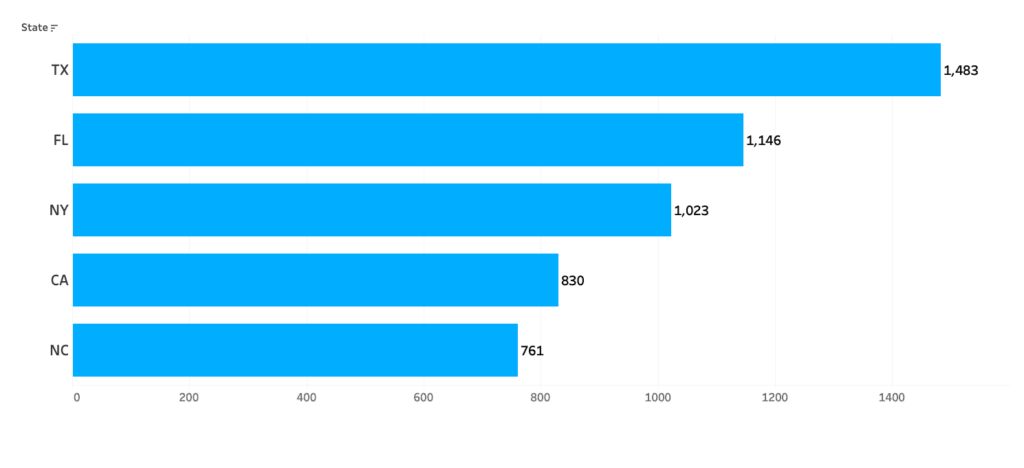
By contrast, Delaware has the lowest count with 22 testing sites, followed by DC and Vermont (30 each). Fifteen states in total currently have 100 or less.
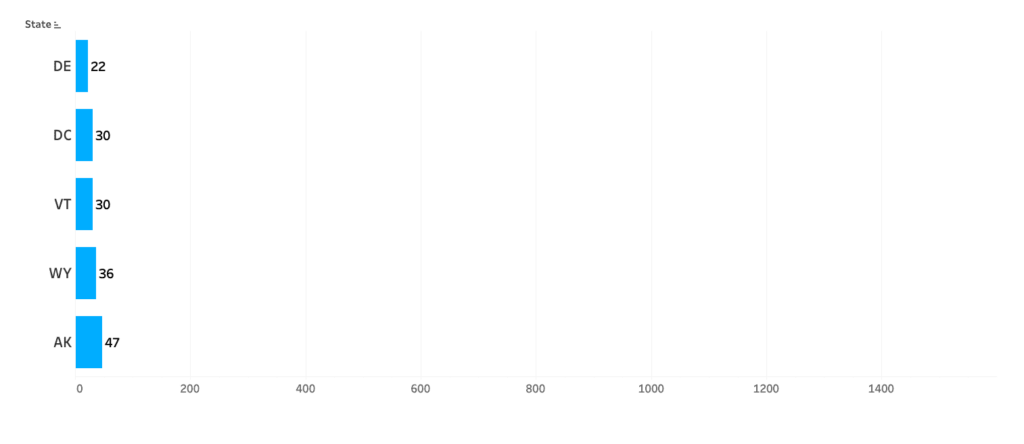

Temporary setups are helping hospitals manage growing infection rates
In the early days of the pandemic, we saw how China built a 1000-bed hospital in just 10 days. Similarly, the UK also built 7 Nightingale hospitals to treat the growing number of coronavirus patients and ease the pressure on the NHS.
Even in the US, test centers have been set up in an array of places and forms — from existing traditional medical facilities like hospitals and clinics, to ad-hoc setups such as walk-up and drive-thru facilities — to make testing easily accessible to anyone who wants it.
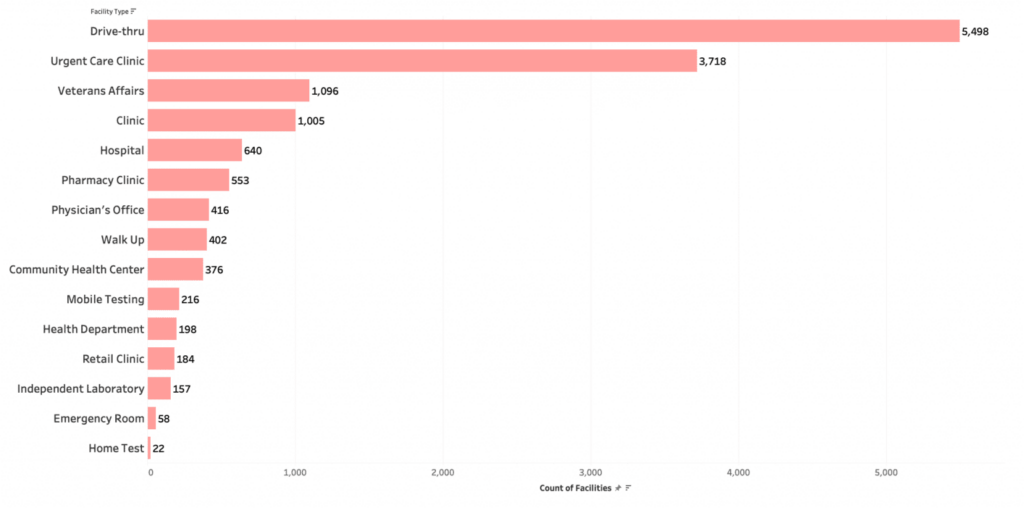
As infection rates continue to rise within communities, more and more of these temporary locations are set up to deal with the increased demands for testing.
CVS Health — the top franchise in terms of test center count
As the demand for testing continues to increase, the top brands in health care and retail are leading the way in setting up facilities to provide testing services to local communities.
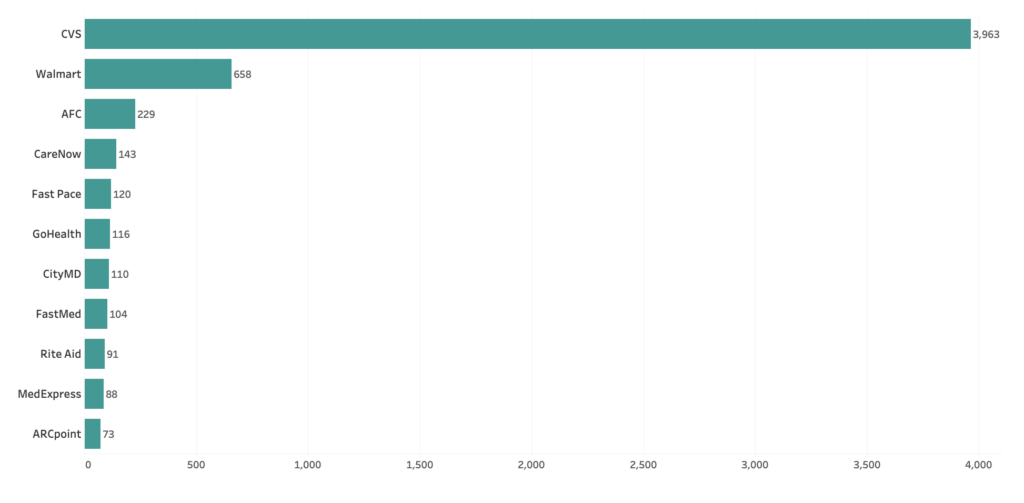
CVS, one of the biggest names in the US for health care and retail, has the most test centers with 3,963 sites, followed by Walmart (658).
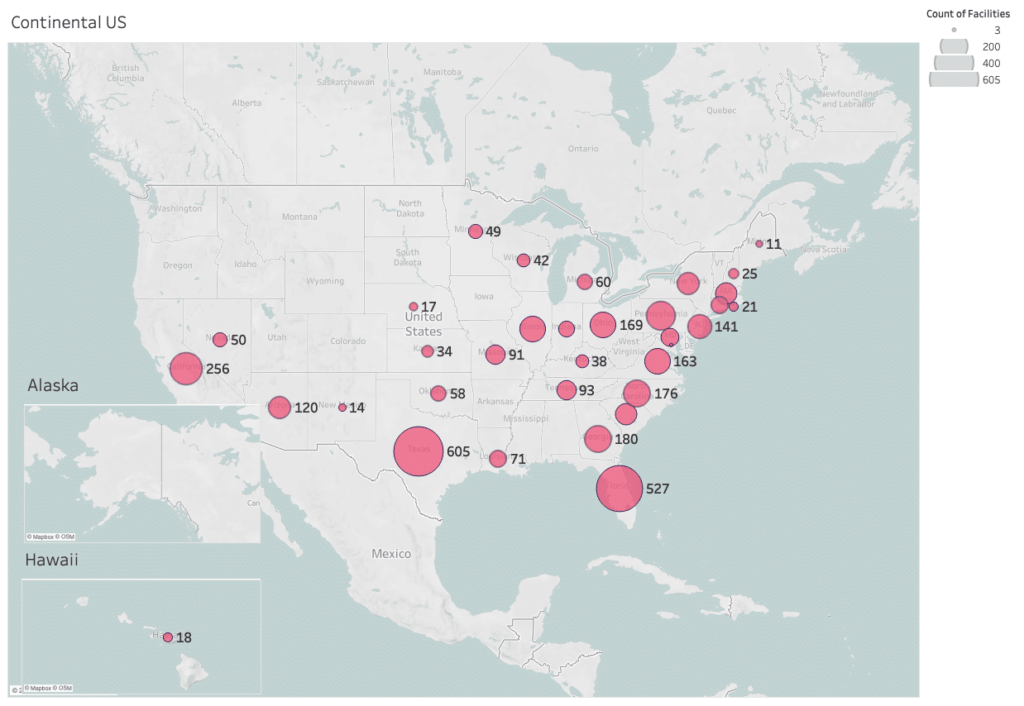
CVS currently provides its Covid testing service in 34 states, with Texas having the most CVS facilities with 605.
Testing & turnaround times
There are currently two types of tests approved by the FDA for diagnosis of Covid-19 — Antigen (rapid) and PCR (non-rapid). The turnaround times for the antigen test are comparatively much shorter than for the PCR test.
Antigen test
An antigen or rapid test, which checks for certain proteins in the virus, is a quick way to check current asymptomatic as well as historic positive coronavirus cases.
According to our dataset, 1,676 test centers across the US offer some form of rapid testing.
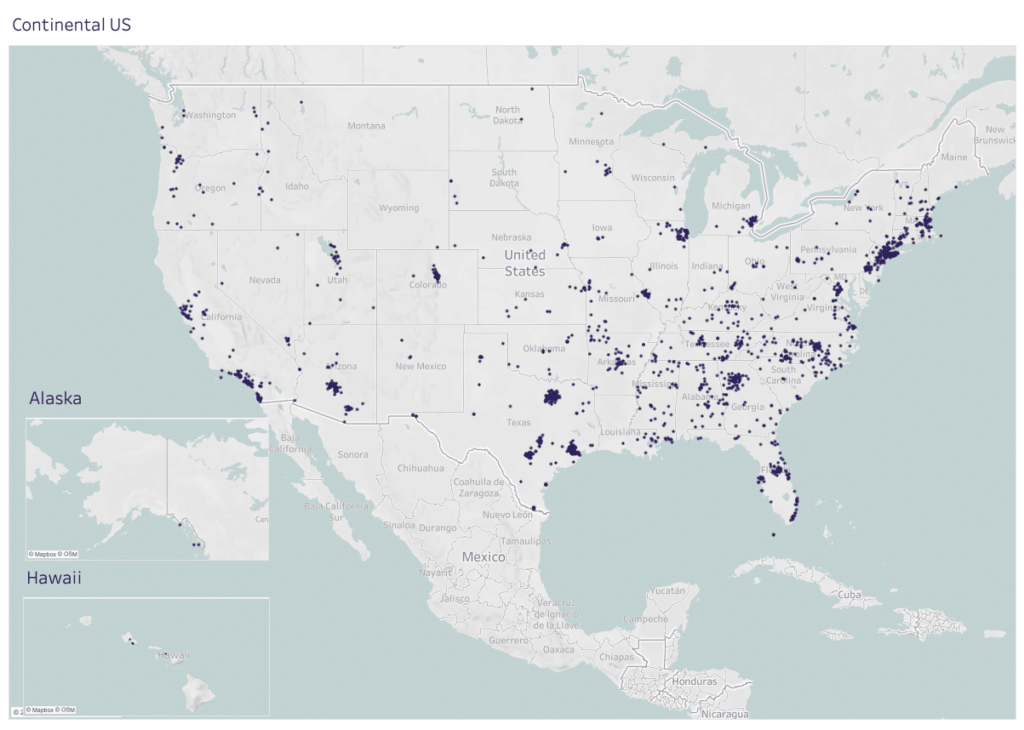
The turnaround time for the results range from a few minutes to a couple of days.
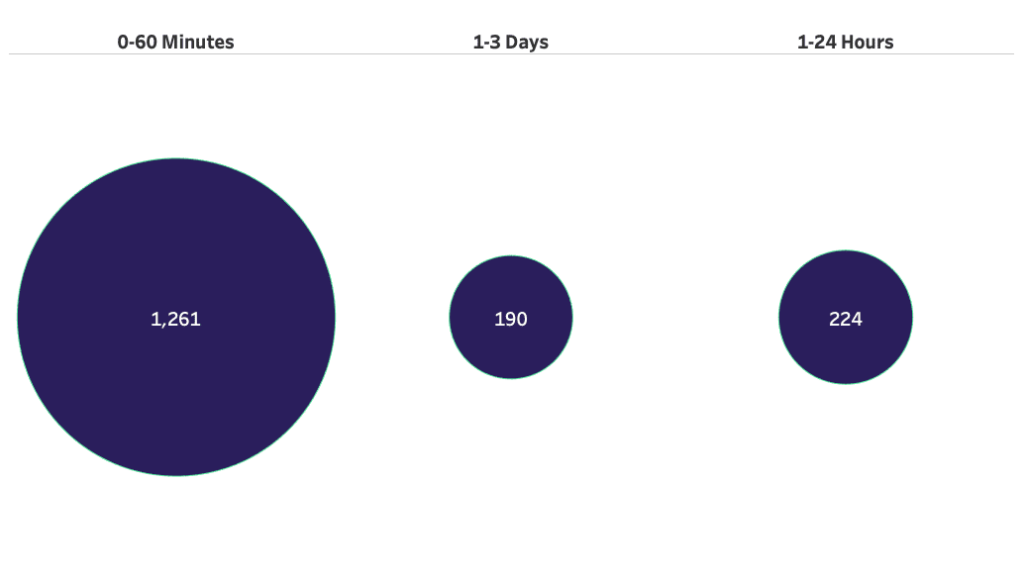
Because of the short turnaround times, antigen tests are prone to false negatives and thus not as reliable to identify currently active Covid cases.
PCR test
PCR or non-rapid testing is a more accurate and reliable method to identify current infections. This technique looks for genetic material of the Sars-cov-2 virus in the individual’s collected fluid samples.
9,243 of the 14,981 test centers mention that they offer this facility.
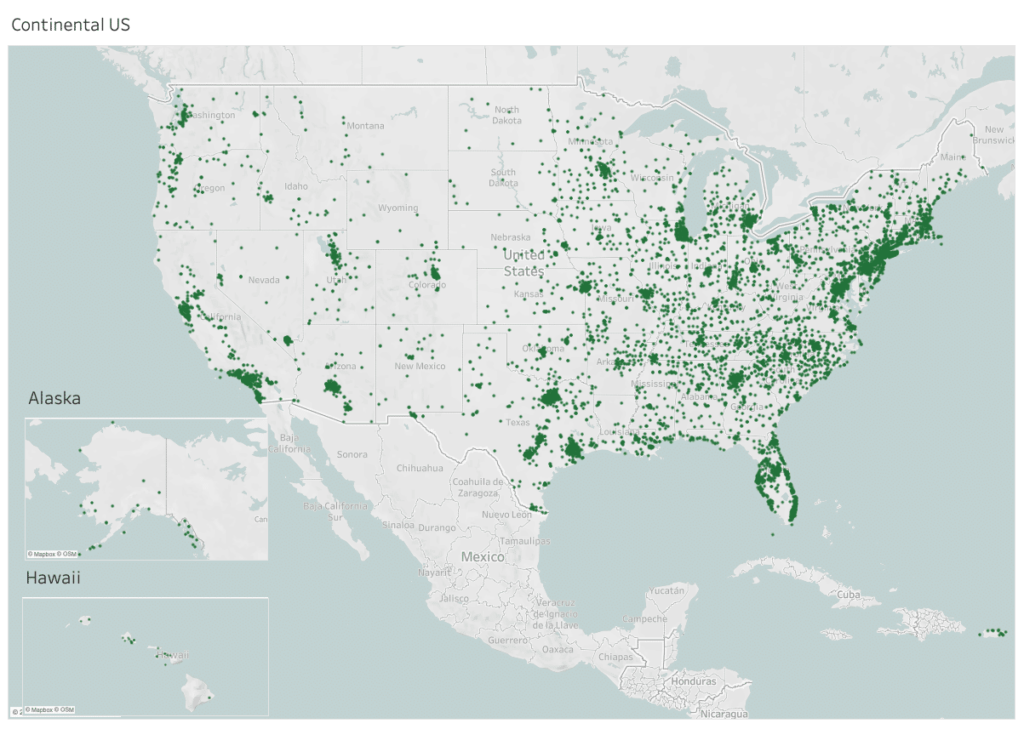
The turnaround time for non-rapid test results for a large majority of test centers (8,369) is 1-5 days, while the rest send results out from anywhere between a few hours to 10+ days.
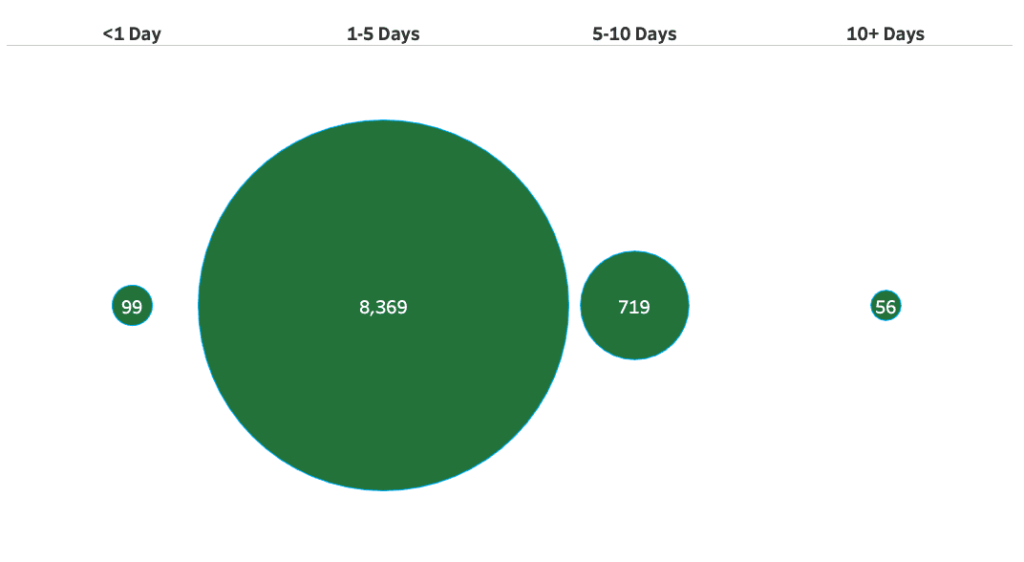
Prerequisites for testing
Prior to testing, most test centers screen individuals by asking a few common questions based on CDC’s guidelines. Alternatively, some facilities may require a physician’s referral.
Screening requirement & type
Of the 14,981 test centers analyzed, 1,966 don’t mention any kind of screening required before testing. While the rest use some combination of the following four media – online form, phone, virtual or in-person.
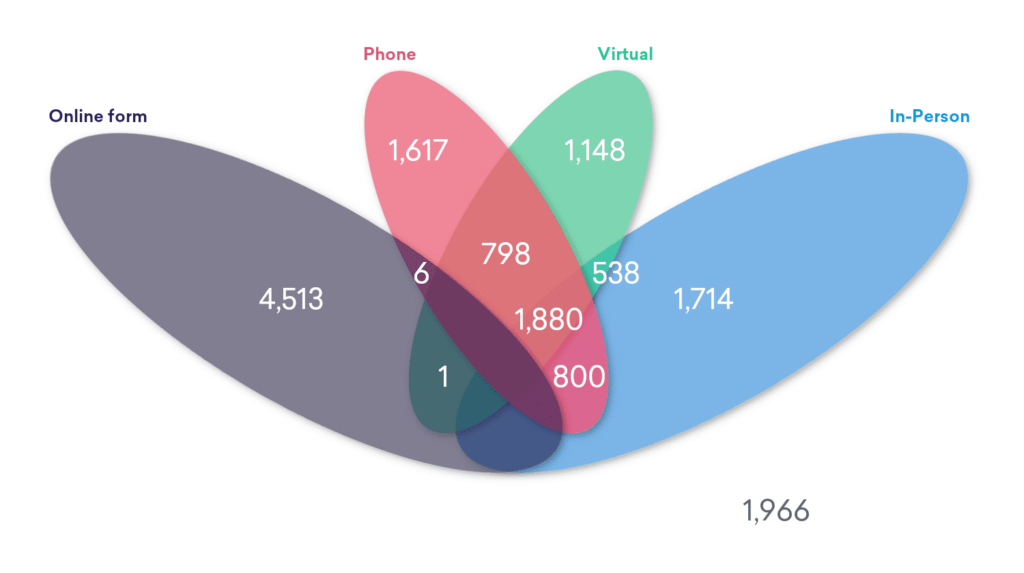
Physician’s referral
Of the 14,981 facilities we analyzed, 2,910 mention that they require a physician’s referral, while 12,071 facilities do not.
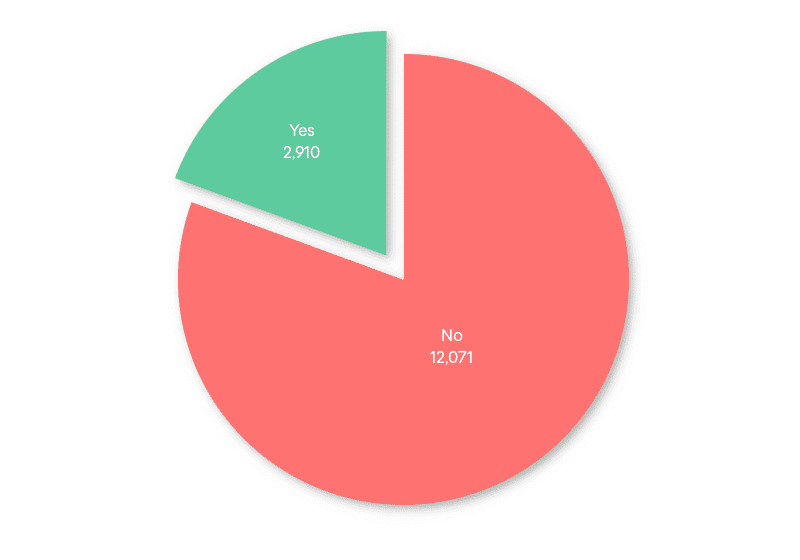
With the virus showing no sign of slowing its spread, testing is still as relevant today as it was during the initial months of the pandemic. As facilities are being set up and closed in communities depending on the rate of new infections, regular monitoring is vital to keep track of the facilities in any location.
Furthermore, since the vaccine roll out has already started in most states, finding locations that offer this facility is extremely important to protect the elderly and vulnerable population.
This is where Grepsr can be an ideal asset to your needs. Our highly skilled and experienced data acquisition team will take care of everything from crawler set up to data delivery. And thanks to our Schedules and integrated Data Delivery features, you can set routine extractions to run automatically and integrate the latest datasets directly into your filesystems.
About Grepsr
Grepsr is a data acquisition platform specializing in the extraction of web data, at scale. Get in touch with your requirements, and we’re sure we can work out a solution for you.









